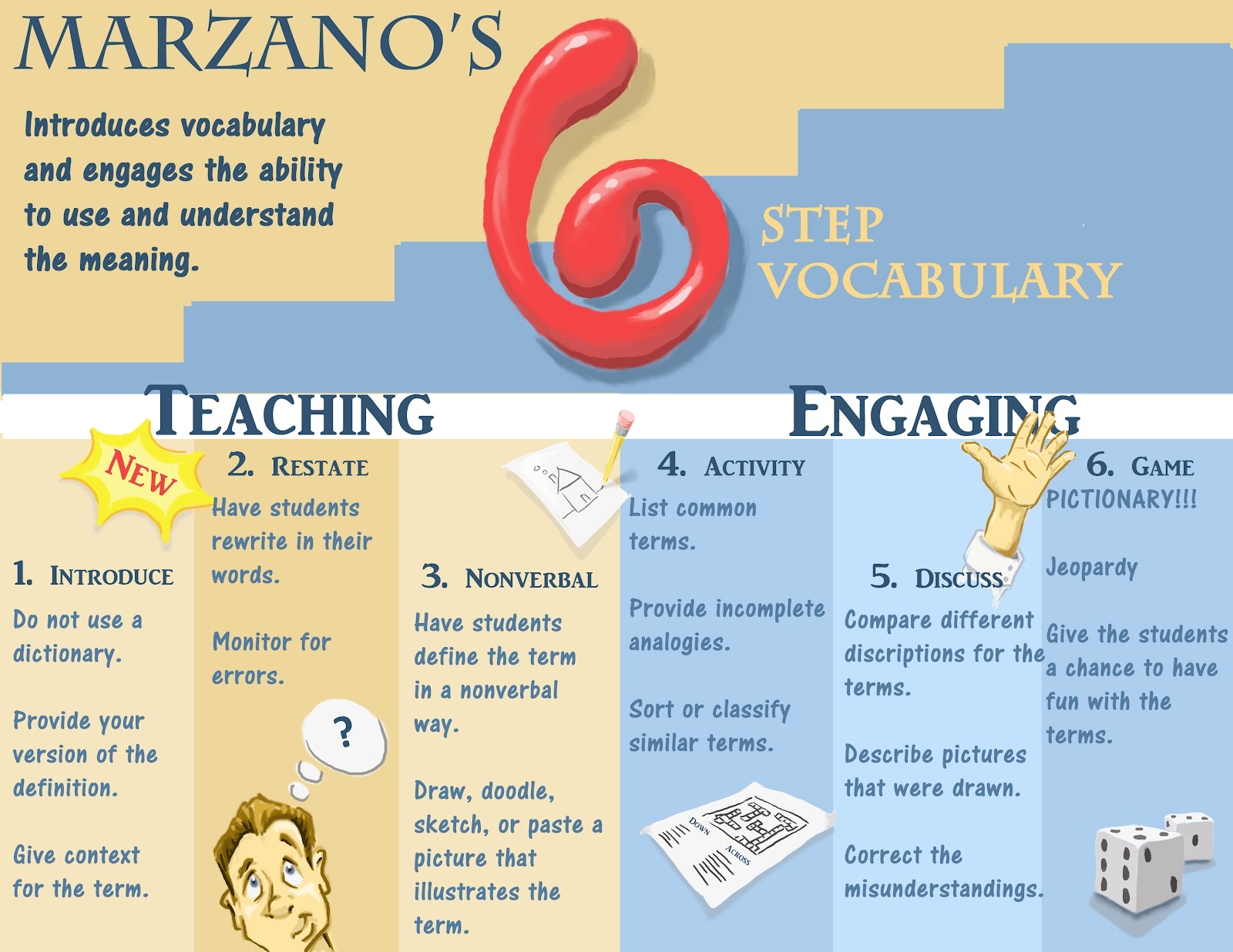Building a strong vocabulary is essential for effective communication and academic success. However, learning new words can be a challenging task for many people. Fortunately, there are several strategies that can help you expand your vocabulary more effectively. In this article, we will discuss six vocabulary learning strategies that you can start implementing today.
Reading is one of the best ways to expose yourself to new words and improve your vocabulary. Make it a habit to read books, articles, and other written materials regularly. By encountering unfamiliar words in context, you can better understand their meanings and usage.
2. Keeping a Vocabulary Journal
Keep a notebook or digital document where you can write down new words that you come across. Include the definition, pronunciation, and example sentences for each word. Review your vocabulary journal regularly to reinforce your learning.
3. Using Flashcards
Flashcards are a popular tool for memorizing vocabulary. Write a new word on one side of the card and its definition on the other side. Review the flashcards regularly to test your memory and retention of the words.
4. Engaging in Conversations
Practice using new words in conversations with others. This will help you internalize the words and become more comfortable using them in real-life situations. Engaging in discussions and debates can also expose you to a wider range of vocabulary.
5. Playing Word Games
Word games such as crossword puzzles, word searches, and Scrabble can be fun and effective ways to improve your vocabulary. These games challenge your word knowledge and encourage you to think creatively about language.
6. Using Vocabulary Apps
There are many vocabulary-building apps available on smartphones and tablets that make learning new words interactive and engaging. These apps often include features such as quizzes, flashcards, and personalized learning plans to help you expand your vocabulary.
In conclusion, incorporating these vocabulary learning strategies into your daily routine can help you enhance your language skills and communicate more effectively. By reading regularly, keeping a vocabulary journal, using flashcards, engaging in conversations, playing word games, and using vocabulary apps, you can expand your word knowledge and become a more confident communicator.
